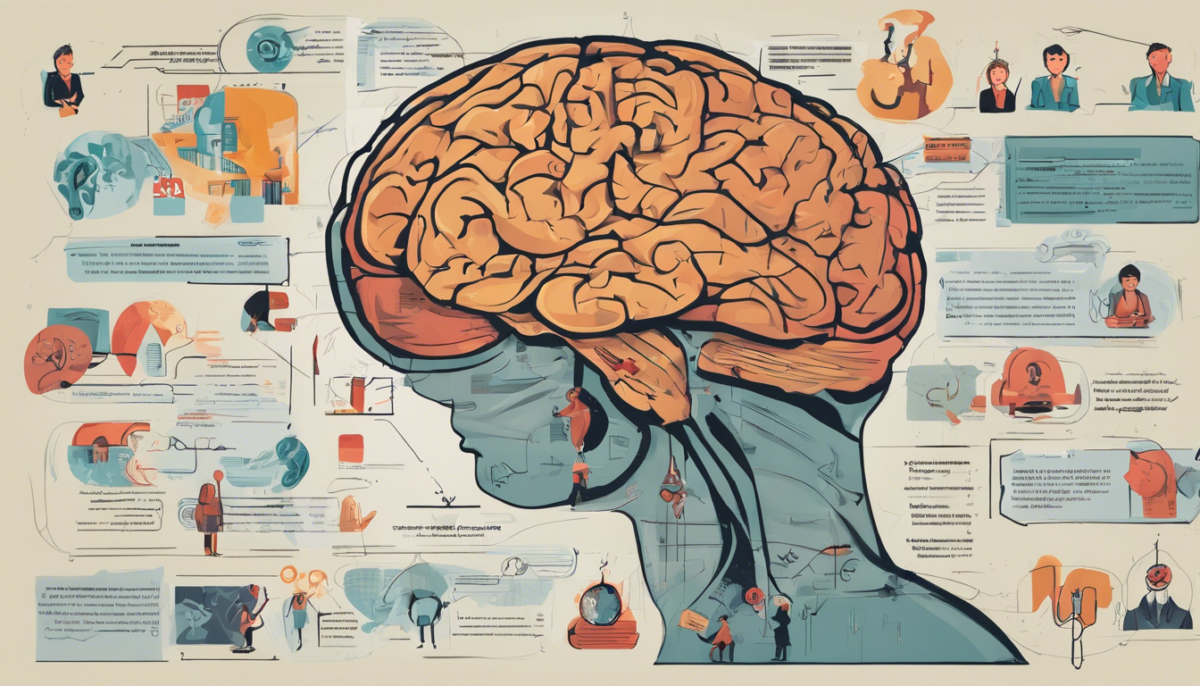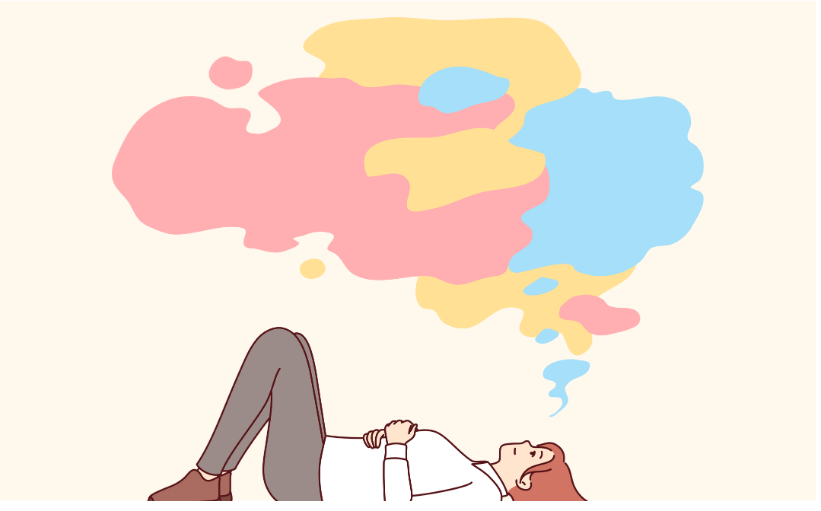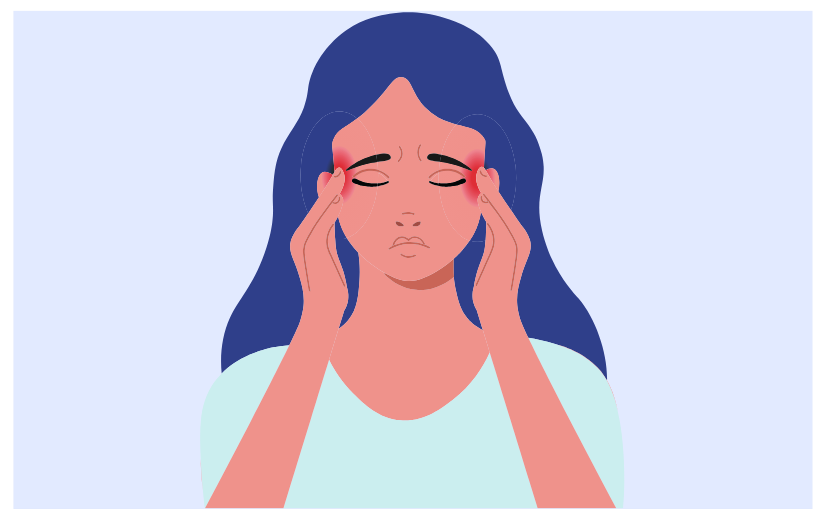» Common Mental Health Disorders
Strategies and Reasons Behind Overthinking
Introduction
Overthinking is a mental pattern distinct from problem-solving and self-reflection, involving dwelling on possibilities and pitfalls without intent to solve a problem or grow as a person [1].
Signs of overthinking include dwelling on past events, second-guessing decisions, replaying mistakes, rehashing uncomfortable conversations, fixating on things you can’t control, imagining worst-case scenarios, and inability to make decisions or take action [1] [3].
Overthinking can trigger mental health problems like depression and anxiety by dwelling on past mistakes, problems, and shortcomings [2], and negatively impact mental and physical health, leading to anxiety, depression, fatigue, headaches, nausea, trouble concentrating, and sleep/appetite changes [1].
Continue reading “Reasons behind Overthinking and Strategies to Overcome Your Mind”







